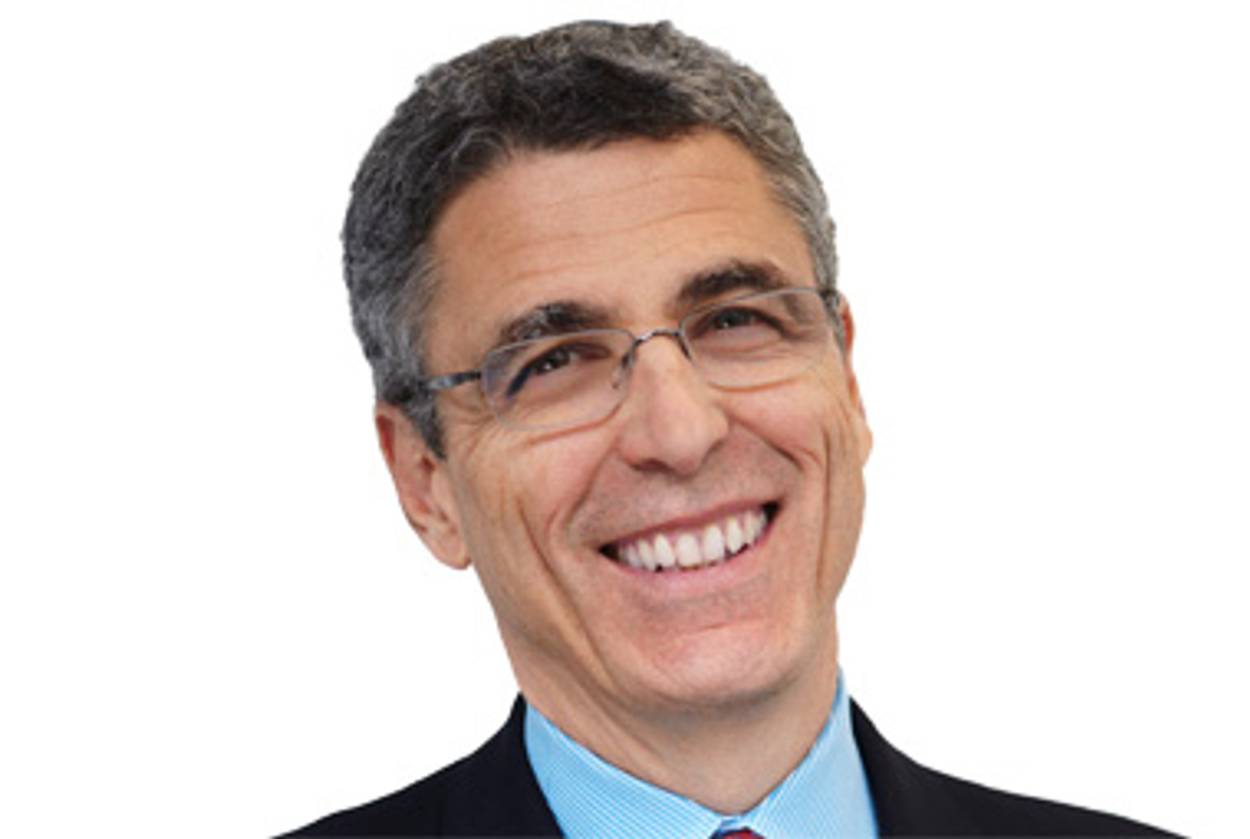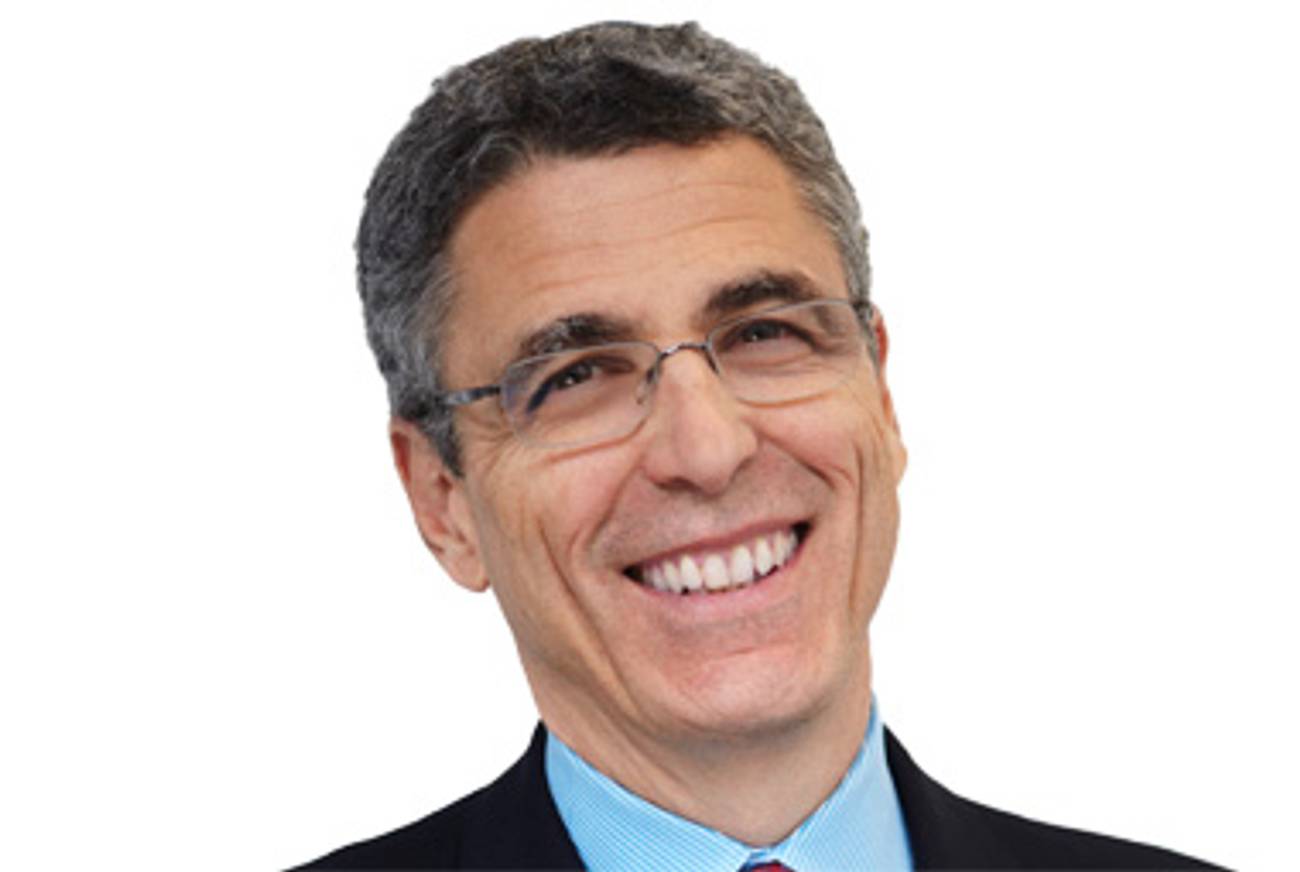Reform Movement Picks New Head
Richard Jacobs has been one of the movement’s most prominent critics




The Union for Reform Judaism announced today that Rabbi Richard Jacobs, the senior rabbi of Westchester Reform Temple and sometime-critic of the URJ, is its new president-designate. Pending a vote this July, Jacobs will replace Rabbi Eric Yoffie, who has led North America’s largest Jewish denomination since 1996, in July 2012.
“I’m honored to follow the giants before me,” Jacobs told reporters today, just prior to an introduction with the URJ’s board of trustees, at the Upper West Side’s Stephen Wise Free Synagogue. “But we need a new path. I’m going to build on our movement, which is a strong movement.” The URJ, an umbrella organization that claims 1.5 million members and 920 congregations, has been threatened by financial difficulties and criticisms from congregation leaders like Jacobs.
Today, however, Jacobs praised the URJ for being responsive to critics, and while he insisted, “I am not defined by the Rabbinic Vision Initiative”—the group of prominent, critical rabbis of which he is a member—he did assert that his “RVI colleagues are with” him. He also bristled at questions concerning the financial challenges facing the URJ, insisting that with a truly transformative vision, he would attract partners and funds. To some extent, he admitted he’d be “renovating the house while the owners are still living there.” As to critics, he argued, “They might not love everything that happens, but they’re part of everything that happens.”
Jacobs will most likely follow in Yoffie’s tradition of political liberalism. He spoke expansively of enduring the “scars of Hebrew school” only to come into his Jewish consciousness at Camp Swig, a Jewish camp in Saratoga, where, “among the redwoods,” he met progressive leaders like César Chávez and Joan Baez. In recent years, he’s traveled to Haiti and spent Sukkot in Darfur; in August, he attended a rally in support of the Cordoba Initiative, the group sponsoring the Islamic cultural center a few blocks from Ground Zero.
He spoke proudly of his home in Israel, which he and his wife built during the Second Intifada. He smiled while describing coaching a basketball team of high-school seniors, none over 5’2’’, against much taller players from French Hill—all of whom fought in Lebanon.
He’s also a leader of the New Israel Fund, a board member at American Jewish World Services, and a former dancer and choreographer who is pursuing a doctorate in ritual dance at New York University.